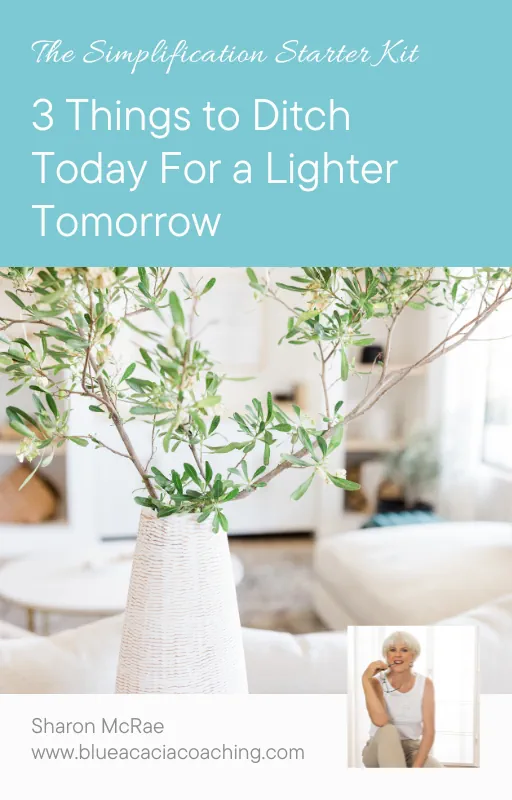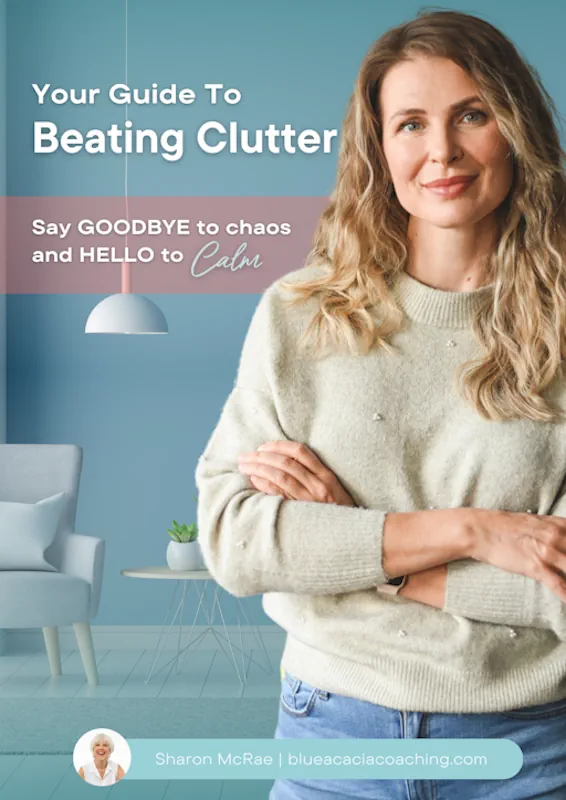
In a world addicted to speed, slowness is a superpower.[i]
It is not easy to see the upside of living through a pandemic. Life for many changed in ways they could not have imagined. Lockdowns meant that a lot of us got to spend a lot of time at home. A LOT OF TIME! Some nearly went mad with the isolation, but others found truly innovative ways to deal with the tsunami of time on their hands. Check out this family here:
I am an introvert. 86% introverted to be precise, according to my profile on 16Personalities. Thus, as a lover of solitude and silence, I relished being at home. But I also lean toward chronic over-achievement. I’m always doing. I just do it quietly.
The pandemic handed me an opportunity – albeit enforced – to slow down. After all, there is only so much doing to be accomplished within the confines of a rented townhouse with no garden to speak of.

I found myself gazing out the window often. Not longing for things to change but just soaking up the unhurried rhythm of nature.
With more time on my hands, I wrote more. I tried my hand at haiku. The cadence of haiku, with its three lines of 5-7-5 syllables, is soothing to the ear. Here’s one I wrote last autumn, the season when the Lilly pilly bushes burst into glossy, blushing fruit.
Cool days here at last,
Lilly pilly’s first berries
Red-pink globes, lustrous.
Is Less Really More?
Let’s face it – being super-productive feels good. It looks good, too. Some people wear their mega-productivity like a badge of honor.
Why do they do that?
After a wake-up call that made him realize he was just rushing through his life, Carl Honoré wrote a book entitled In Praise of Slow. Here is his answer to the above question:
“Speed is often an instrument of denial, a way of avoiding deeper problems. Instead of facing up to what is going wrong in our lives, we just make ourselves faster and busier.”[iii]
So, for some, being super busy can medicate an aching, gnawing feeling of insecurity, dissatisfaction, or unhappiness.
That begs the question then, what is to be gained from taking things back a few notches?
“The greatest benefit of slowing down,” says Honoré, “is reclaiming the time and tranquillity to make meaningful connections – with people, with work, with nature, with our own bodies and minds.”
Slowing down is not necessarily about doing less; some don’t have that option. But it is about not getting stuck in the thick of thin things. It’s about not losing our being in the doing. It’s about being present, intentional, and meaningful.
My list of three
Here are three areas where I’m trying to be more present, intentional, and meaningful.
1. Creativity
For much of my life, I sewed my own clothes. I was rarely happier than when in front of my sewing machine with a new project in delicious fabric. But as the pace of life picked up and impatience for quick results grew, my enthusiasm gradually petered out. Rush and creativity, it turns out, don’t play well together.
To restore my mojo, I chose a different kind of project, one that would force me to hit the brakes. I set about making a Chanel-style jacket. [iv] The process was painstakingly slow; producing quality usually is. But somewhere in the calm rhythm of careful measuring, fitting, and precise hand-sewing, impatience withered and in its place germinated a seed of pleasure.
It took months, but the beautiful, supple jacket was finally finished. I was very proud of it, but more than that, I got to taste the intense satisfaction that comes from coaxing a project into being with time, care, and attention.
2. Weight workouts
The idea of slow weight workouts was a revelation to me. Tom Holland, an exercise physiologist and elite endurance athlete, promotes a slower-on-the-down-movement approach. He explains that this decreases the “relative contribution of momentum while increasing the muscle’s time under tension.” [v]
In practice, this involves a 1- or 2-second count on the upward or positive part of the movement, with a 3- to 4-second count on the downward or negative part. Lowering weights slowly negates momentum and employs gravity in your favor. The targeted muscles stay continually engaged, producing better results.
Holland’s method is surprisingly challenging, although it looks like a slacker’s approach. Indeed, as I was working out slowly on the public exercise installations at our seafront recently, a friend walked past. “Working hard…or hardly working?” she quipped.
3. Digital Detox
“Like everyone else, I look to technology to help me buy more time, and with it the chance to feel less hurried,” admits Honoré. “But technology is a false friend. Even when it does save time, it often spoils the effect by generating a whole new set of duties and desires.”[vi]
Technology can even spoil the effect of time being well spent, like a loud intruder crashing an enjoyable conversation. Every day, countless people traverse our esplanade while glued to their smartphones or pounding to the sound from their earbuds. They risk missing the cornucopia of beauty around them: the wind whispering in the pines, the antics of birds, the gentle rhythm of the tide’s ebb and flow, a sunrise that will never appear exactly the same again.
As marvelous an instrument as it is, my phone stays in the car. Choosing a digital detox for mental health allowed me to fully immerse myself in the beauty of nature, undistracted by my smartphone. It inspires gratitude, awe, and wonder…the perfect antidote to a life of rush.
Why Slow Down?
Busyness is addictive and taking the slower path goes against the grain for many. Time is a precious commodity and throttling back can feel wasteful, even self-indulgent.
Doing less doesn’t always feel right and, indeed, it isn’t always right. There are legitimate and important demands on our time that must be satisfied, not sacrificed.
However, slowing down gives us space. It permits reflection on the more important things. It allows us to breathe, to just be, to enjoy the pleasures scattered throughout a normal day.
I’m reminded of this passage attributed to Alice Steinbeck, a Pulitzer Prize-winning author who died at age 78 in 2012:
What would I have done differently in my twenties and thirties if I had known then what I know now? For one thing, I would have laughed more; seen more Laurel and Hardy movies. And I would have grieved less. I would have understood earlier that not all losses are permanent and that some things lost were not worth keeping.
I would have taken more time to note the changing seasons. An elderly friend asked me one spring day, “Can you believe that even if I live to be a hundred, I will see all this only 100 times?” I would have been more daring. Emotionally daring, that is; in the spirit of Eudora Welty’s observation that “all serious daring starts from within.”
I would have understood sooner how profoundly satisfying the ordinary transactions of daily life can be: the perfect cup of morning coffee; the son shouting down “Good night!” from his room; the ginger-coloured cat caught napping in a triangle of sunlight. [vii]
Did the pandemic slow you down? Whatever your answer, was it a good thing? What has changed for you? What needs to change for you?
I recommend watching Carl Honore’s 2005 TED Talk “In Praise of Slowness”
Photo by Nathan Dumlao on Unsplash
Endnotes
[iv] Instructions from Threads magazine, Issue 121 (Oct/Nov 2005) The Taunton Press
[v] Holland, T. The Micro-Workout Plan (2020)
[vi] Honoré, Carl. In Praise of Slow (2004) p30
[vii] I collected this quote many years ago; I was unable to find any reference to it on the internet.

